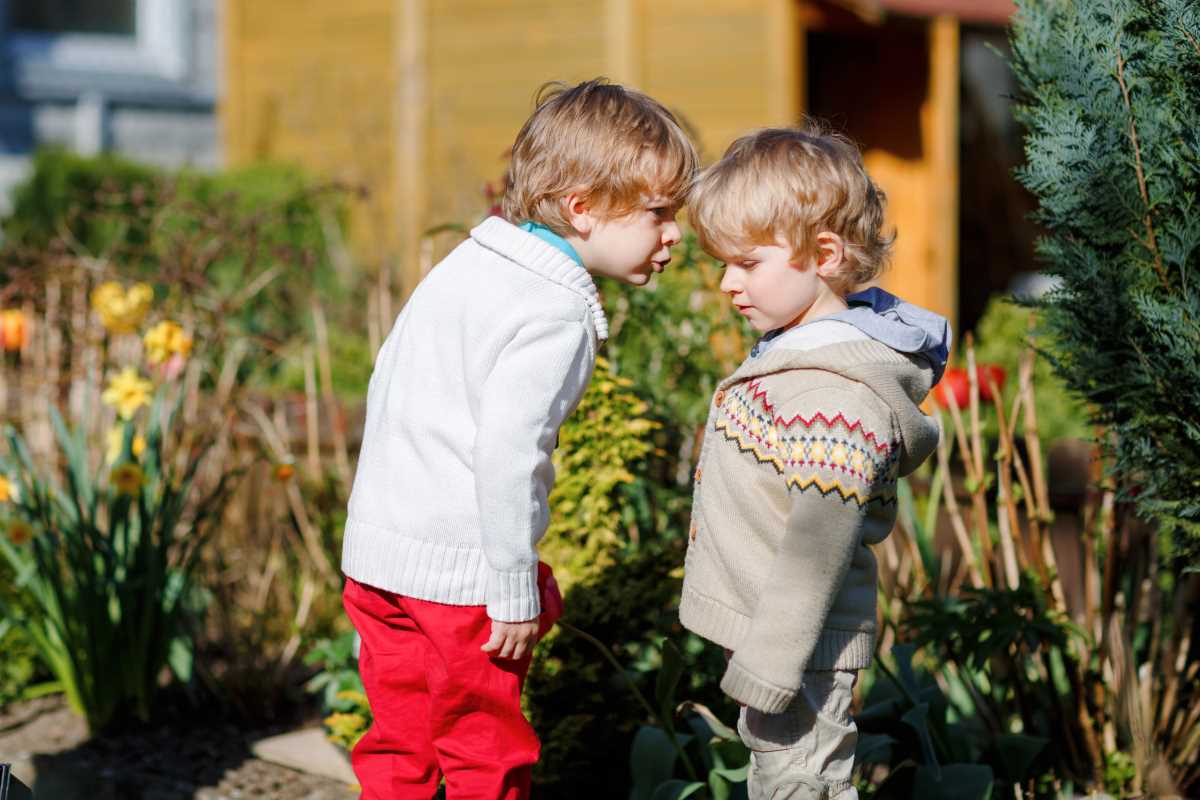Starting a family charity brings everyone closer while making a meaningful difference in your community. When children get involved, they not only learn valuable life lessons but also develop a sense of responsibility and empathy. By participating in charitable activities, kids can actively contribute to causes they care about, making the effort a truly family-centric endeavor.
Engaging children in family charities strengthens bonds as everyone works towards a common goal. It provides a platform for open communication and shared experiences, creating a supportive and united family environment. Children gain confidence and a sense of accomplishment when they see the impact of their efforts, which can be incredibly rewarding for both them and the entire family.
Benefits of Involving Children in Family Charities
- Teaches empathy and compassion by helping those in need.
- Builds strong family relationships through collaborative efforts.
- Enhances communication skills as family members plan and execute projects together.
- Develops leadership and organizational skills in children.
- Instills a sense of responsibility and community awareness.
Steps to Start a Family Charity
- Identify a Cause: Choose a cause that resonates with your family’s values and interests.
- Define Your Mission: Clearly outline the goals and objectives of your charity.
- Assign Roles: Determine the roles each family member will play, ensuring children have meaningful responsibilities.
- Create a Plan: Develop a method for fundraising, volunteering, and spreading awareness.
- Register Your Charity: Complete the necessary legal steps to officially register your charity.
- Launch and Promote: Start your initiatives and promote them within your community and beyond.
Examples of Successful Family Charities
One inspiring example is the GreenFuture Family Fund, where children take the lead in organizing community clean-ups and educational workshops. Their involvement has not only helped improve the local environment but also strengthened family ties through regular planning and participation in events. Another notable example is the HopeBuilders Family Charity, where kids manage social media campaigns and fundraising events, teaching them valuable digital skills while contributing to their chosen cause. These family dialogue sessions play a crucial role in maintaining open communication and ensuring everyone’s ideas are heard and valued.
Potential Challenges and Solutions
- Time Management: Balancing charity work with school and other activities can be tough. Create a flexible schedule that accommodates everyone’s commitments.
- Ensuring Commitment: Keep children motivated by celebrating small victories and recognizing their contributions.
- Resource Limitations: Start with small projects that require minimal resources and gradually expand as you gain more support.
- Maintaining Interest: Involve children in choosing projects to ensure they remain interested and invested in the cause.
Integrating Child Volunteerism
Encouraging child volunteerism within family charities allows kids to take initiative and develop leadership qualities. By assigning age-appropriate tasks and allowing them to take ownership of certain projects, children feel valued and motivated to contribute. This active participation not only benefits the charity but also helps children build essential life skills that will serve them well into the future.
Involving children in volunteer activities provides them with real-world experiences that textbooks alone cannot offer. They learn to navigate challenges, work as a team, and understand the importance of giving back to the community. These experiences can shape their character and instill a lifelong commitment to helping others.
Family charities also offer a unique opportunity for children to explore their interests and passions. Whether it's organizing events, managing finances, or raising awareness, kids can discover what they enjoy and excel in, leading to greater personal growth and satisfaction.
Regular participation in volunteer activities can help children develop a broader perspective on life. They gain a deeper understanding of societal issues and the various ways they can contribute to positive change. This awareness creates a sense of global citizenship and a desire to make the world a better place.
Child volunteerism within family charities creates lasting memories and strengthens family bonds. Working together towards a common goal encourages teamwork and cooperation, making the entire experience more rewarding and enjoyable for everyone involved.
Creating a family charity with active involvement from children strengthens family bonds, teaches valuable life skills, and supports the community. It’s a meaningful way to foster compassion and shared purpose.
 (Image via
(Image via





